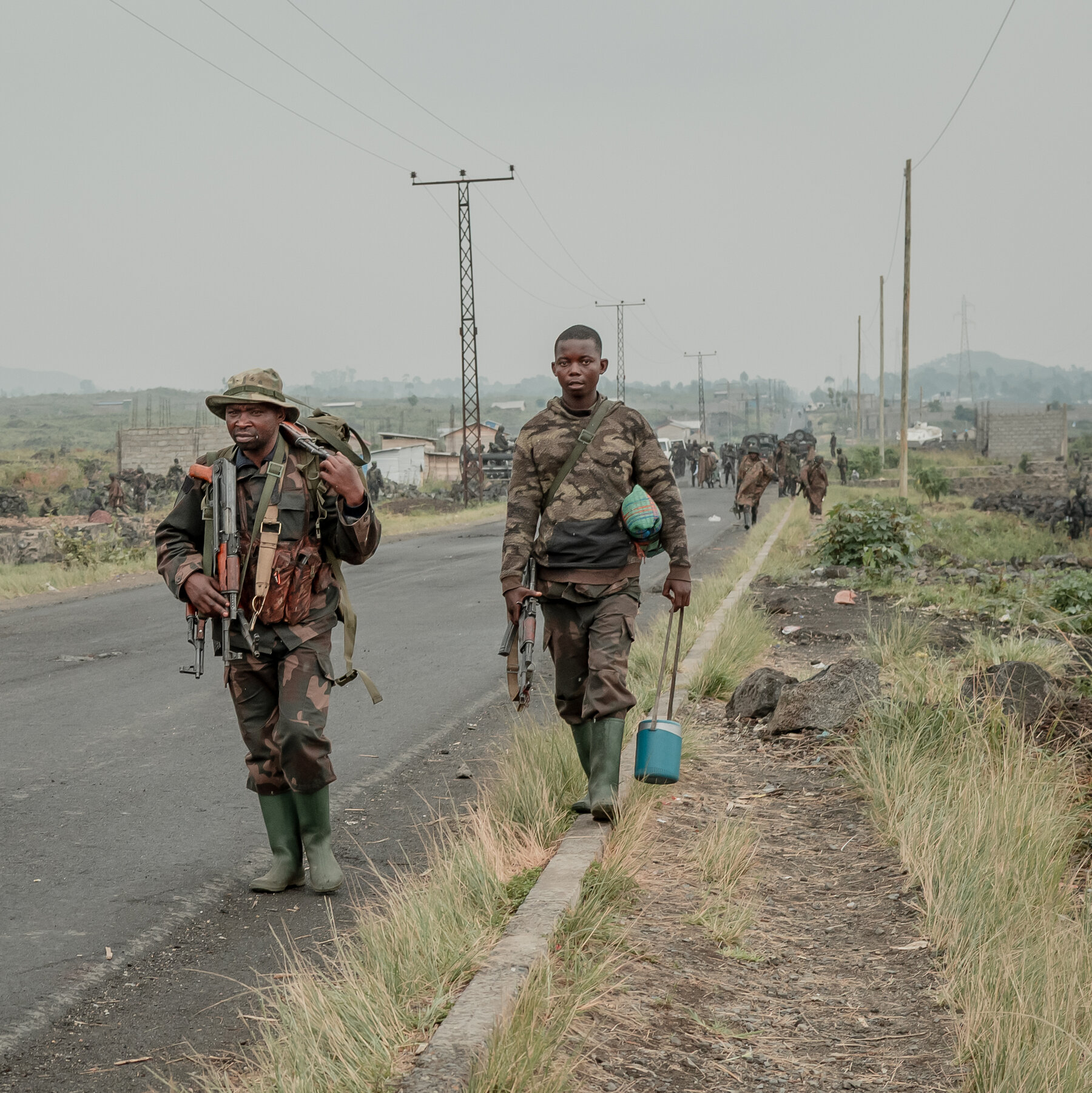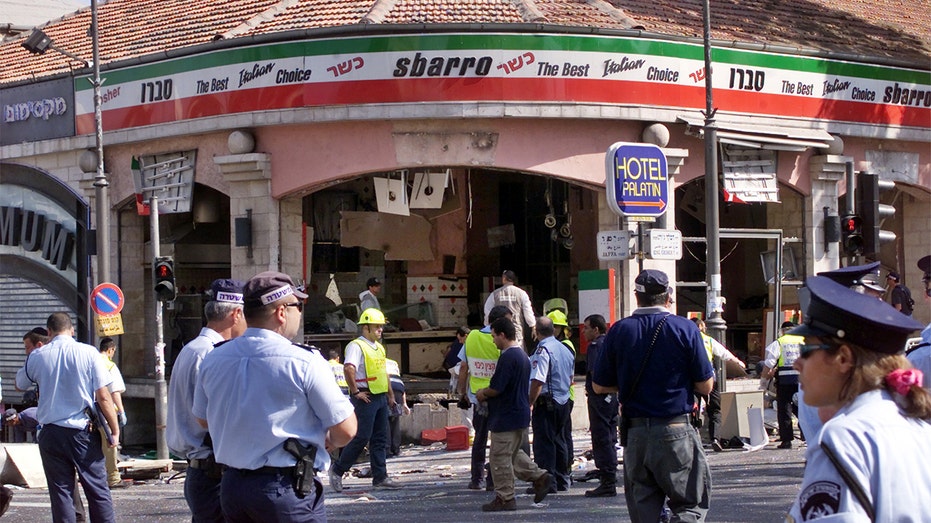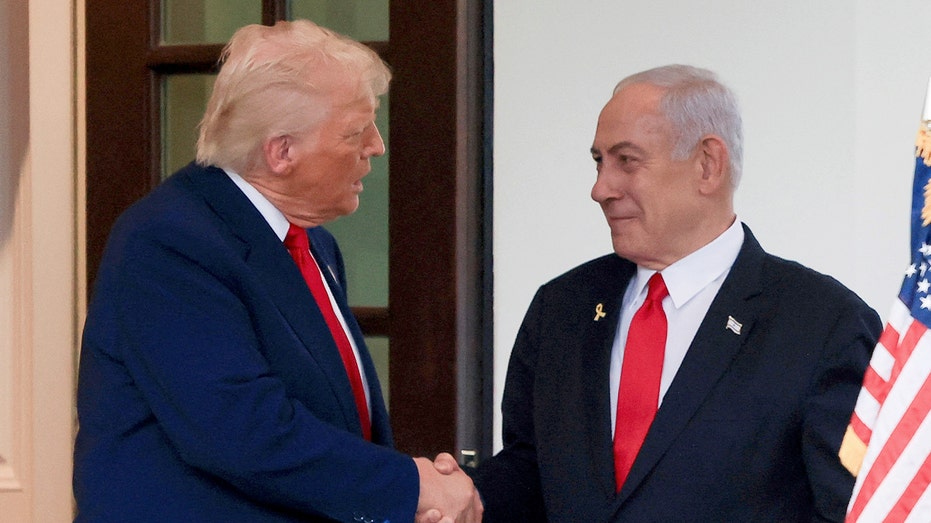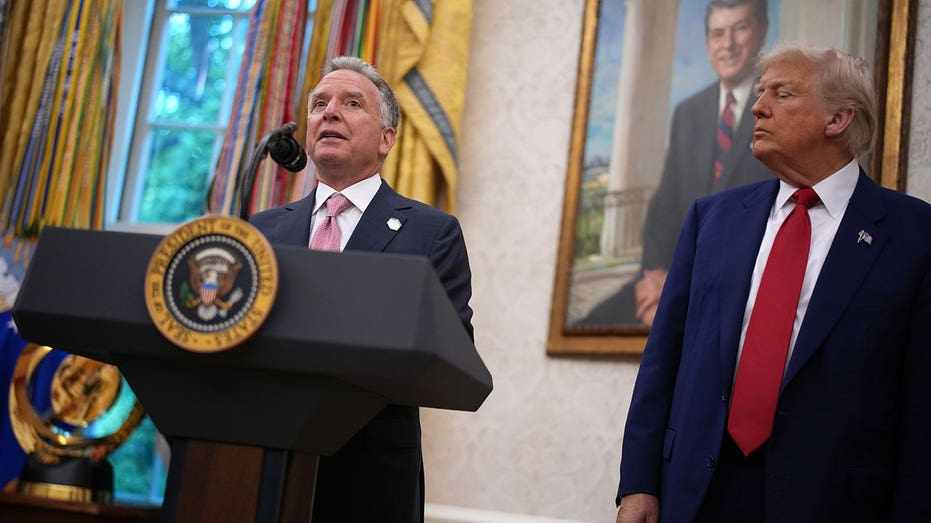Why Congo’s Vast Army Is Struggling to Fight M23

Sarah Johnson
March 3, 2025
Brief
Congo’s army struggles against the advancing M23 militia, hindered by internal divisions and alleged Rwandan support, as eastern territories fall and peace efforts stall.
The Democratic Republic of Congo’s army, despite its size, is facing a crisis of functionality as it struggles to fend off the M23 militia that has gained significant ground in the eastern regions of the country. The militia has seized two major cities, two strategic airports, and vast stretches of Congolese territory in recent weeks, underscoring the army’s inability to counter the threat effectively.
The challenges within the Congolese military are stark. Soldiers are underpaid, poorly equipped, and plagued by internal divisions. The army’s structure is riddled with factions that pursue their own interests, and successive administrations have allegedly kept the military weak to avoid the risk of a coup. President Félix Tshisekedi had made efforts to strengthen the military in preparation for such conflicts, but these measures have largely crumbled in the face of the M23’s relentless advance.
Adding to the complexity, M23 is reportedly backed by Rwanda, Congo’s much smaller neighbor. According to the United Nations, Rwandan troops have trained, armed, and embedded with the rebels. While Rwanda has acknowledged its military presence in Congo, it denies exerting control over M23. This external support has only compounded the challenges for Congo’s already strained forces.
Fred Bauma, executive director of the Congolese research institute Ebuteli, summarized the situation aptly: “This conflict has two sides. One is Rwandan support to the M23. And the other one is internal weaknesses of the Congolese government.”
In a recent interview, President Tshisekedi pointed fingers at his predecessor for the military’s current state, alleging that the army had been infiltrated by foreign elements. However, the blame game does little to address the immediate crisis on the ground as peace talks with regional powers remain stalled and international support appears tepid at best.
While Congo’s leadership struggles to manage the crisis and retain domestic support, the situation in the east grows increasingly dire. The M23’s rapid territorial gains serve as a grim reminder of how deeply systemic issues can weaken a country’s ability to defend itself against insurgencies.
Topics
Editor's Comments
It’s hard not to marvel (and wince) at the irony here: a country as vast and resource-rich as Congo is outmaneuvered by a militia backed by a much smaller neighbor. The internal dysfunction of its military feels like a tragic self-inflicted wound, compounded by external meddling. You’d think after decades of conflict, Congo’s leadership would finally prioritize a robust, unified army, but alas, politics remains king.
Like this article? Share it with your friends!
If you find this article interesting, feel free to share it with your friends!
Thank you for your support! Sharing is the greatest encouragement for us.



